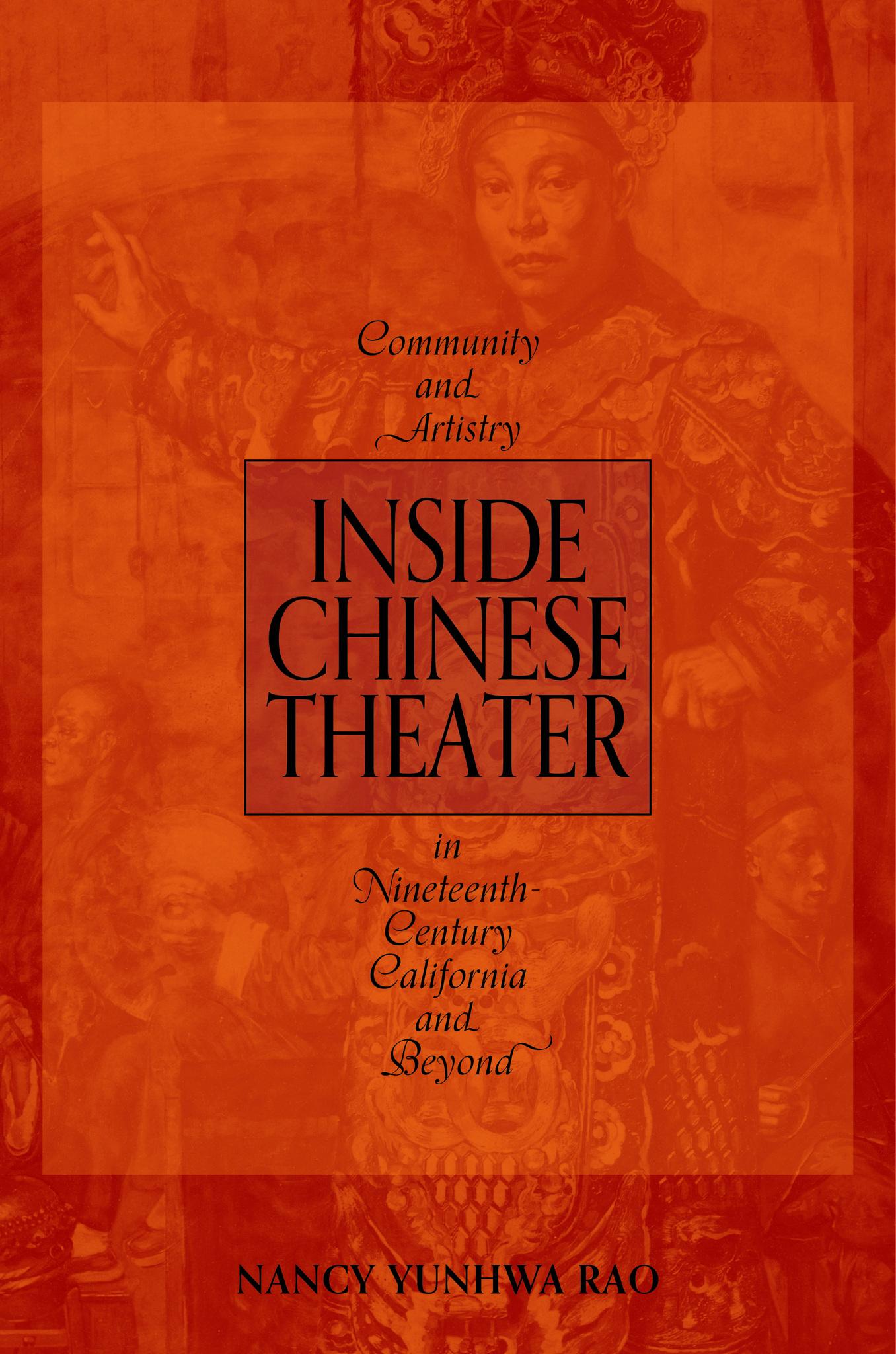In the mid-nineteenth century, Chinese opera theater arrived as one of the significant performing art forms in California. Nancy Yunhwa Rao excavates and contextualizes the important history of Chinese Opera Theater, bringing to light the ways it became woven into the financial, political, social, and family life in California and beyond.
Chinese opera theater found brick-and-mortar homes with San Francisco theaters like the Hing Chuen Yuen and the Donn Qui Yuen. But troupes had already followed Chinese immigrants to mining and railroad towns, and across the American West. As Chinese theater became part of California and San Francisco culture, popular Chinese actors advocated for their art alongside appeals for civil rights. Rao draws on personal diaries, newspapers and artifacts to place Chinese theater within the everyday lives of San Francisco. She also examines the costumes, singing, staging, and storytelling that impacted mainstream reception and influenced how Chinese communities saw themselves.
“This comprehensive and encyclopedic history of staged performances of transpacific music explores the emergence of a complex visual and aural system of signification that shaped and reflected the lives of nineteenth century Chinese immigrants in California. Nancy Yunhwa Rao’s brilliantly inventive and imaginative book reveals the importance of asking and answering difficult yet immensely generative questions about the nature of archival research, about performance as a site of racial formation, and about the roles of sight and sound in shaping social identities.” — George Lipsitz
